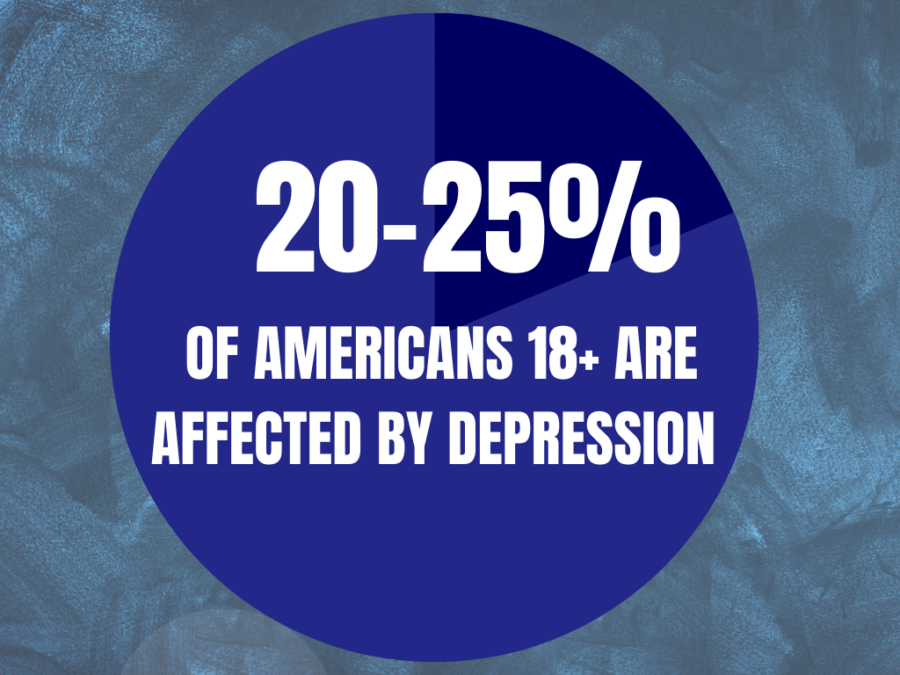Some Weber State University students might be turned away next time they go to take the math Accuplacer, a required placement test for math. Changes in math policy

have allotted a maximum of two attempts per year, along with some other changes.
A conglomeration of WSU faculty and staff has come together to establish three dramatic new changes in math policy: The requirement of higher Accuplacer scores for each respective developmental math class, the limit to Accuplacer attempts per year, and the addition of an alternative placement test called the Math Mastery Test.
Kathryn Van Wagoner, head of the WSU Developmental Math Department, said the No. 1 thing she wants students to understand is that “we really are trying to help students be successful in math. I know we’ve already had some angry responses . . . there’s this attitude that we’re just trying to pick on the students, and that’s so not what we’re trying to do . . . We’re trying to set them up to succeed.”
This being said, some significant changes are being made to WSU math policies. The developmental math department, which specializes in classes that help students who have more difficulty in math reach a standard level — Math 1050 or higher — in order to complete their quantitative literacy requirement, is one of the primary departments affected by the new math policies.
Van Wagoner said there is a difference between the Accuplacer and the Math Mastery Test.
“Accuplacer is called an adaptive test, and it kind of predicts what they think you’re going to be able to do based on how you perform on just a few questions. Math Mastery is more like a challenge test. So, if the Accuplacer puts you in 950 and you think that’s ridiculous, then you can go to the mastery test and just work 20 problems and show that you can do those things.”
The decision for change is a result of concerns voiced by faculty and staff.
“As we looked at it, we found that very few people were improving their placement by taking the test a gazillion times,” Van Wagoner said. “Another reason is that it really was not in alignment with what is done at other colleges and universities . . . everybody has their different rules, but (how things were being done was) just out of line with what best practices are.”
The changes, which became official on Feb. 1, were specifically designed to affect students in the 2013 summer and fall semesters.
Senior Stacie Hicks said she expects student anxieties to dramatically slow down traffic in the testing centers.
“We expect to not have such a high volume of not only Accuplacer (takers), but also repeat Accuplacer (takers),” Hicks said. “We’ll still have the new freshmen coming, so we’ll still have the rushes or waves, but as far as repeats, that’s gone down exponentially. I’m sure . . . (other testing centers) are experiencing lower volumes, or at least a fraction of what we used to receive from this.”
One off-campus math tutoring company is seeing the immediate effects of students who are nervous about the new changes: AcerPlacer. With its stated purpose being to help students “test out of Math 1050 in a single semester,” AcerPlacer is on the front lines of student anxiety.
“We’ve seen some trepidation, some concern, you know . . . ‘I’m not sure if I can do it now, but I still want to do it with you guys . . . What’s gonna happen if I don’t learn the math?’ and stuff like that . . . our (enrollment) numbers have maintained . . . but there still is some concern along with those enrollments,” said AcerPlacer employee Casey Shull.
Shull said that, despite the changes, the bottom line is that AcerPlacer teaches math, “and no matter what, students are going to need to learn math. Whether that means all we can do is teach them how to do the math . . . or if we just help them with their test scores . . . we’re still happy to teach them.”




















